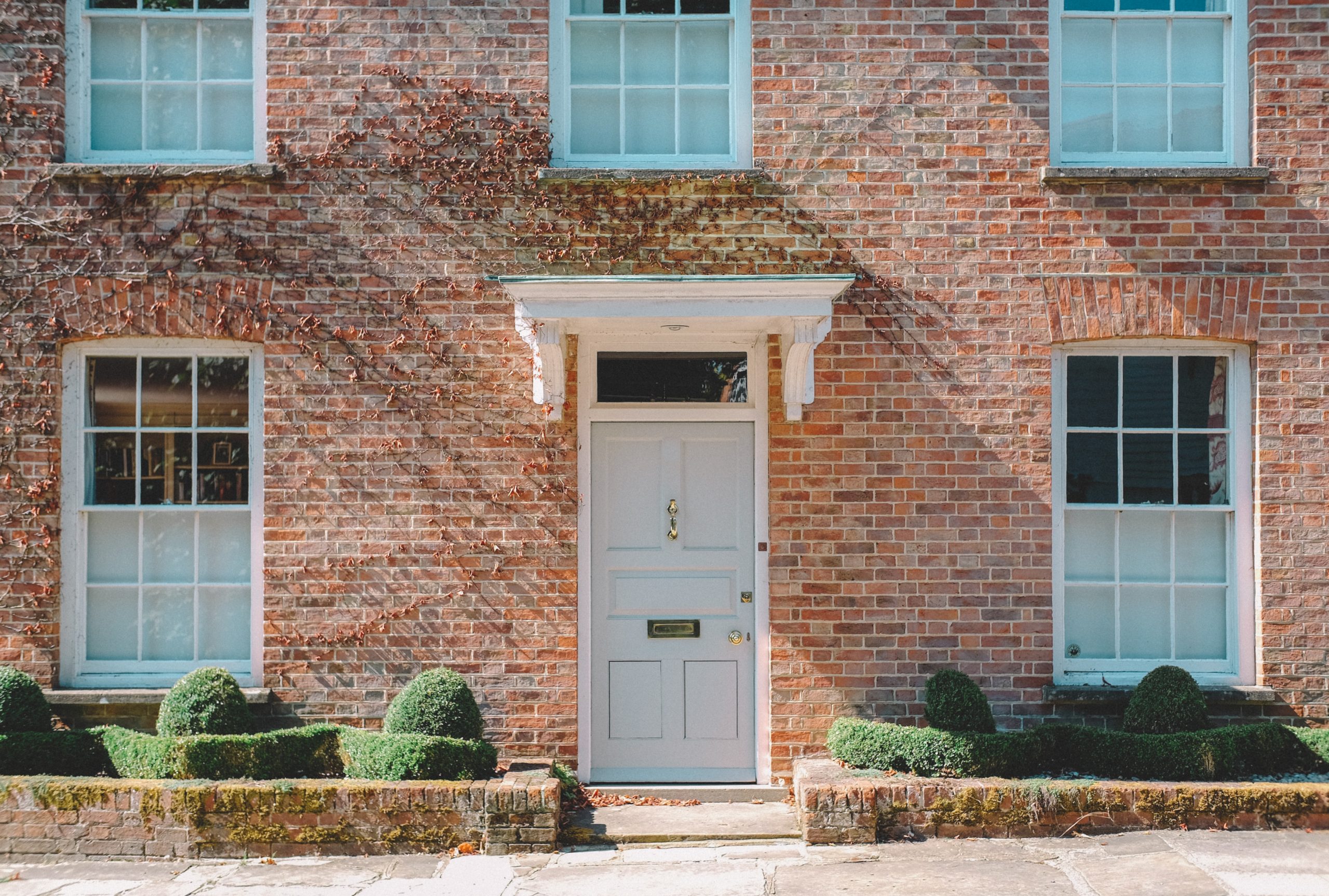How does a probate house sale work UK?
Selling a house in probate in the UK involves obtaining a grant of probate or letters of administration which is required to deal with the estate of deceased person. The Executor named in the Will is responsible for administering the late person’s affairs, which includes registering the death, valuing the estate, and paying any outstanding debts and inheritance tax due.
To sell a house in Probate, the Executor needs to obtain a Grant of Probate, which can take several months.
However, the property can still be valued and marketed before Probate has been granted. If an offer is made on the property, the Executor can accept it but will need to wait for Probate before exchanging contracts.
The steps involved in selling a house during Probate include registering the death, getting the property valued by two or three estate agents, checking the title and deeds of the property, paying any inheritance tax due, and applying for a Grant of Probate by completing a form and paying a Probate application fee.
It’s important to note that selling a house in Probate can be a lengthy process, and it’s advisable to seek professional advice from a Solicitor or Estate Agent experienced in Probate sales.
Do you need probate to sell a house UK?
Yes, in the UK you need Probate to sell a house if you are not already named on the title deeds. Probate is the legal authorization required to sell a property after the owner has passed away. Executors must obtain Probate before completing the sale, which can take several months to obtain.
If there is no Will, the property cannot be placed on the market until letters of administration have been obtained. It is important to make Estate Agents and Solicitors aware of the lack of Probate at the time of placing the property on the market to avoid delays.
The limited title guarantee is provided to buyers, and there is no legal obligation for the seller to renovate or improve the property before sale.
If the property owner has gone into a care home and will not return, the Power of Attorney for property and financial affairs must be registered with the Office of the Public Guardian before the property can be sold. This can take between 6 to 10 weeks for registration.
How long does probate take UK house sale?
Probate is a legal process that involves dealing with the assets and debts of someone who has died. It can take anywhere from 3-12 months, depending on the complexity of the estate.
Applying for a grant of probate with a will can take 1-8 weeks, while applying for a grant of probate without a will can also take 1-8 weeks, but usually takes longer.
The probate application takes 3-6 weeks to be approved. The process of dealing with someone’s estate usually takes 3-6 months, including closing bank accounts, selling property, and distributing assets to beneficiaries.
Inheritance money can be received 1-6 months after probate is granted. The cost of the probate process in the UK is typically between £1,000 and £5,000.
What is a probate house UK?
Probate is the legal process that manages a deceased person’s estate, including their property. In the UK, a property that is part of the probate process is referred to as a probate house.
Selling a probate property can be a complex and challenging task, and it is crucial to determine whether a Grant of Probate is required to dispose of the property.
Surviving spouses or partners may be able to sell the property without a Grant of Probate if it was held in joint names. However, if a Grant of Probate is needed, it is essential to obtain it as soon as possible, as delays can occur, causing conveyancing delays.
Once the Grant of Probate is obtained, the process of selling the property can begin. It may involve completing various forms and dealing with red tape, which can be handled by the seller or the executor of the Will.

It is advisable to seek professional help, such as a reputable solicitor, to handle the sale of a probate property.
On the other hand, purchasing a probate property can be an opportunity to acquire a bargain. However, buyers need to exercise due diligence and take steps to ensure that there are no surprises later.
As they will be dealing with an executor rather than the property’s previous owner, additional checks such as building surveys, central heating, and electrical system inspections may be necessary.
Ultimately, buying or selling a probate property requires careful consideration and professional guidance to navigate the legal and emotional complexities involved.
Who owns house before probate UK?
The first step is for the personal representatives (which includes executors and administrators) to check whether the title to the deceased’s home is registered at HM Land Registry.
If the title is registered, copies of the title entries, plan, and documents referred to in the title entries should be obtained, to ensure that the property is in the deceased’s sole name, the title plan covers the entire extent of the property, and to check for any mortgage or other charge on the property.
If the title is unregistered, the physical title deeds will need to be located. These may be kept at the deceased’s home or may be held by the deceased’s solicitor or bank.
Unregistered title deeds should be checked by a conveyancing solicitor to ensure that they are complete and that all of the necessary documents are present.

Once the title has been checked and is in order, the personal representatives can take the preliminary steps ready to market the property, such as selecting an appropriate estate agent, agreeing sales particulars, and signing the agent’s terms of business.
However, if a buyer is found, the sellers don’t have the authority to exchange contracts until the grant has been issued.
If the deceased wasn’t the sole owner of their home, legal title to the property passes to the co-owner, who will be able to sell the property without needing to wait for a grant to be issued in the deceased’s estate.
If the property was held as tenants in common, the surviving co-owner will need to appoint a new ‘trustee’ to give a receipt for the deceased’s share of the sale proceeds of the property, which must then be paid to the personal representatives named in the grant.
Can you empty a house before probate UK?
If you have recently lost a family member who owned a house, you may be wondering what to do with the property and its contents. If the house is included in probate, you cannot take any items out of it until probate is completed. The executor is responsible for taking inventory of the contents of the house as part of recording the estate’s assets.
If the house is not included in probate, you can take anything out of it and dispose of the contents in any way you choose.
To transfer the house from the decedent, the court will provide documents that show the executor will act on behalf of the estate. This will give them the power to sell the house and its contents. If the house will go to one of the heirs, the documents will show who is to inherit and allow them to transfer the deed into their name.
When a house is included as part of probate, it may be transferred to the person named in the will as the heir, conveyed to the appropriate heir if there was no will, or sold and the funds distributed to the heirs once the creditors have been paid.

To sell a house belonging to the deceased, you may need to clean it up for the new buyers or to list and show the property. The executor is also responsible for securing the property of the deceased. Once the executor is approved by the court, you can begin the process of cleaning out the house.
You should organize paperwork, label other items to keep, sell, donate, or throw away, and make sure all people working on cleaning out the house work with the same routine.
If you’ve decided not to keep the house and it wasn’t willed to anyone, you may be ready to sell it after it has been cleaned out.
You can list it as-is and sell it with the stipulation that no repairs or improvements will be made or put some money into the house to get it updated and ready to sell at the highest price. Finally, you can either have it conveyed to the survivors or sell it through probate.
Can a house be sold before probate is granted UK?
No, a house cannot be sold before probate is granted in the UK. The executor of the will must wait for the Grant of Probate to be approved, which gives them the authority to handle the assets within the estate, including the property. This process typically takes around 8 weeks but can take longer if there are complications.
Once probate is granted, the executor can then proceed with marketing the property and beginning the conveyancing process. However, the buyers should be aware that the sale cannot be completed until probate is finalized.
It’s also essential to obtain separate property valuations to determine the property’s worth and ensure that the property is secure and insured during the probate and conveyancing processes.
Executors should be mindful of the possibility of Capital Gains Tax if there is a significant increase in the property’s value during the wait for probate to go through.
Do all estates have to go through probate UK?
Not all estates in the UK have to go through probate. If you have been named as an executor in a will, you may need to apply for probate to receive the legal authority to distribute the assets of the deceased person according to the instructions laid out in the will.
However, there are cases where probate may not be necessary to manage the estate.
Probate is a legal process that grants you the authority to manage the estate of the deceased.
This involves proving that the will is valid, identifying and valuing the assets, paying any debts or taxes owed by the estate, and distributing the remaining assets to the beneficiaries according to the instructions in the will.

However, if the estate is relatively small and straightforward, probate may not be required.
In such cases, the assets may be distributed using a simplified process. This is known as the small estates procedure, and it can be used if the value of the estate is less than a certain threshold and there are no complex legal or financial issues involved.
In summary, not all estates in the UK have to go through probate. The need for probate depends on the complexity and value of the estate, and whether or not the deceased person left a valid will.
If you are named as an executor, it is important to seek legal advice to determine whether or not probate is required in your case.
Is probate always required in UK?
Probate is not always required in the UK if the deceased person only had savings or jointly owned shares or money with others, as those assets automatically pass to the surviving owners without the need for probate.
Similarly, if the deceased owned land or property as ‘joint tenants’ with others, it also automatically passes to the surviving owners.
However, it’s important to note that if the deceased owned property solely in their name or had other assets that require probate, then probate may be necessary to distribute the assets according to their will or the rules of intestacy.







